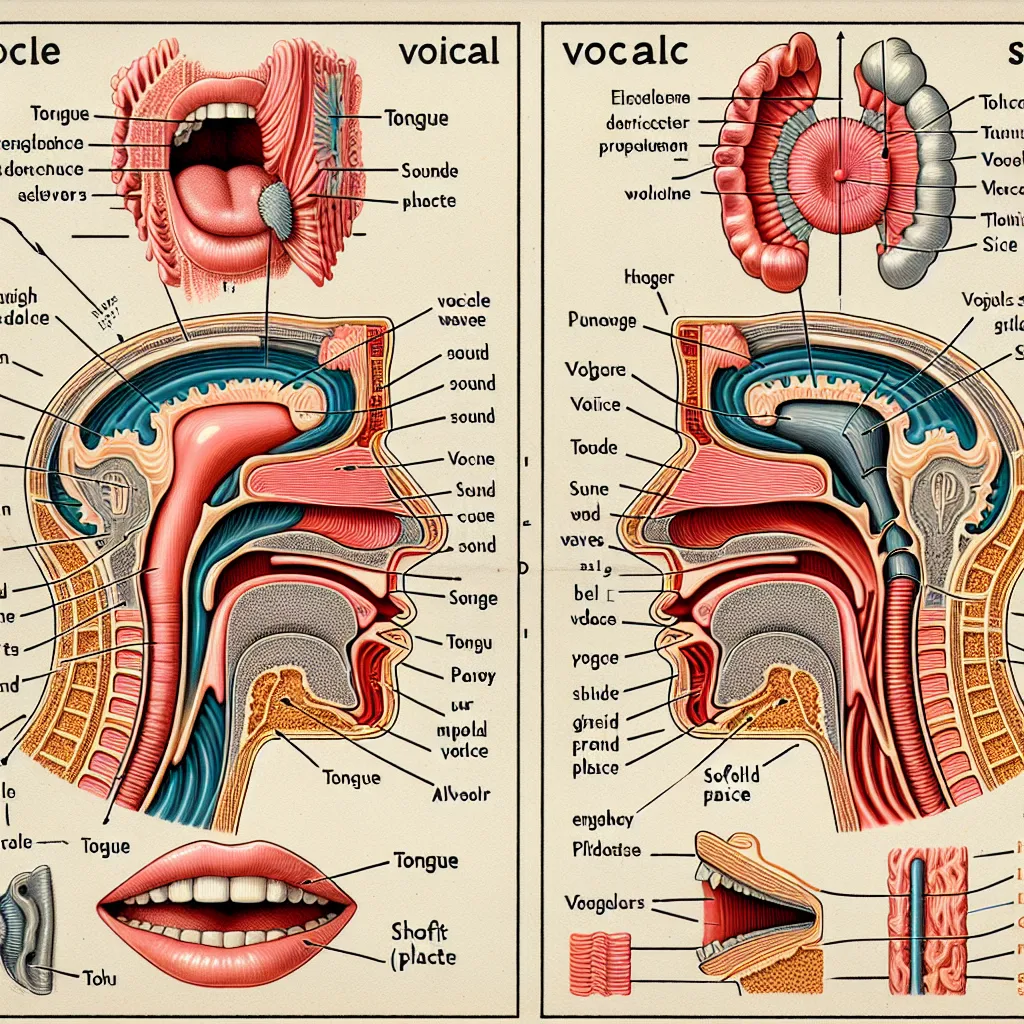Mastering the pronunciation of English words with diphthong sounds is a crucial step in achieving fluency and natural-sounding speech. This guide will provide you with detailed insights, practical tips, and effective strategies to improve your pronunciation of diphthongs in English.
Understanding Diphthongs in English Pronunciation
Diphthongs are complex vowel sounds that involve a smooth transition from one vowel sound to another within the same syllable. They play a significant role in English pronunciation and can greatly affect the meaning and clarity of your speech.
 English Diphthong Sounds
English Diphthong Sounds
The Importance of Mastering Diphthongs
Proper pronunciation of diphthongs is essential for several reasons:
- Clarity: Correct diphthong pronunciation enhances the overall clarity of your speech.
- Meaning differentiation: Many words in English are distinguished solely by their diphthongs.
- Natural-sounding speech: Native-like pronunciation includes mastery of diphthongs.
Common English Diphthongs and Their Pronunciation
English has eight main diphthongs. Let’s explore each one with examples and pronunciation tips:
- /eɪ/ as in “say” and “pain”
- /aɪ/ as in “my” and “ride”
- /ɔɪ/ as in “boy” and “coin”
- /əʊ/ as in “go” and “home”
- /aʊ/ as in “now” and “house”
- /ɪə/ as in “hear” and “tier”
- /eə/ as in “air” and “care”
- /ʊə/ as in “tour” and “pure”
Tips for Pronouncing Diphthongs
- Focus on the movement: Practice the smooth transition between the two vowel sounds.
- Exaggerate at first: Initially, overemphasize the movement to develop muscle memory.
- Listen and imitate: Use resources like pronunciation guides for English vowels to hear and mimic native speakers.
- Use a mirror: Watch your mouth movements to ensure you’re making the correct shapes.
Common Mistakes in Diphthong Pronunciation
Learners often struggle with diphthongs due to interference from their native language. Here are some common errors to avoid:
- Pronouncing diphthongs as single vowel sounds
- Not completing the full movement of the diphthong
- Inserting additional sounds between the two vowel sounds
- Mispronouncing similar-sounding diphthongs (e.g., /eɪ/ and /aɪ/)
To overcome these challenges, practice repetition exercises focusing specifically on diphthong sounds.
Effective Methods for Practicing Diphthongs
- Minimal Pair Exercises: Practice words that differ only in their diphthongs, such as “light” vs. “late” or “boy” vs. “buy”.
- Tongue Twisters: Use phrases like “How now, brown cow” to practice the /aʊ/ diphthong.
- Song Lyrics: Choose songs with prominent diphthongs and sing along, focusing on pronunciation.
- Recording and Playback: Record yourself pronouncing words with diphthongs and compare with native speaker pronunciations.
 Diphthong Practice Methods
Diphthong Practice Methods
The Phonemic Chart and Commonly Mispronounced Words
Familiarizing yourself with the phonemic chart can greatly aid in understanding and producing diphthong sounds. Here are ten words that are often mispronounced due to their diphthongs:
- “Height” (/haɪt/) – often mispronounced as /heɪt/
- “Tour” (/tʊə/) – often mispronounced as /tɔːr/
- “Choir” (/kwaɪə/) – often mispronounced as /tʃɔɪr/
- “Bouquet” (/buːˈkeɪ/) – often mispronounced as /ˈbʊkeɪ/
- “Weird” (/wɪəd/) – often mispronounced as /wiːrd/
- “Lure” (/lʊə/) – often mispronounced as /lʊr/
- “Heir” (/eə/) – often mispronounced as /heɪr/
- “Buoy” (/bɔɪ/) – often mispronounced as /buːi/
- “Chaos” (/ˈkeɪɒs/) – often mispronounced as /tʃaʊs/
- “Niche” (/niːʃ/ or /nɪtʃ/) – often mispronounced as /nɪk/
Practice these words regularly, paying close attention to the diphthong sounds. For more tips on improving your overall pronunciation clarity, check out our guide on improving English pronunciation clarity.
Conclusion
Mastering the pronunciation of English words with diphthong sounds is a journey that requires patience, practice, and persistence. By understanding the nature of diphthongs, recognizing common mistakes, and employing effective practice methods, you can significantly improve your pronunciation skills. Remember, the key to success lies in consistent practice and exposure to native English speech. Keep practicing, and you’ll soon find yourself speaking with greater confidence and clarity.
For more advanced techniques and tips on achieving natural English pronunciation, explore our article on achieving natural English pronunciation. We encourage you to share your experiences and questions in the comments below, and don’t hesitate to explore our other pronunciation resources to further enhance your English speaking skills.




